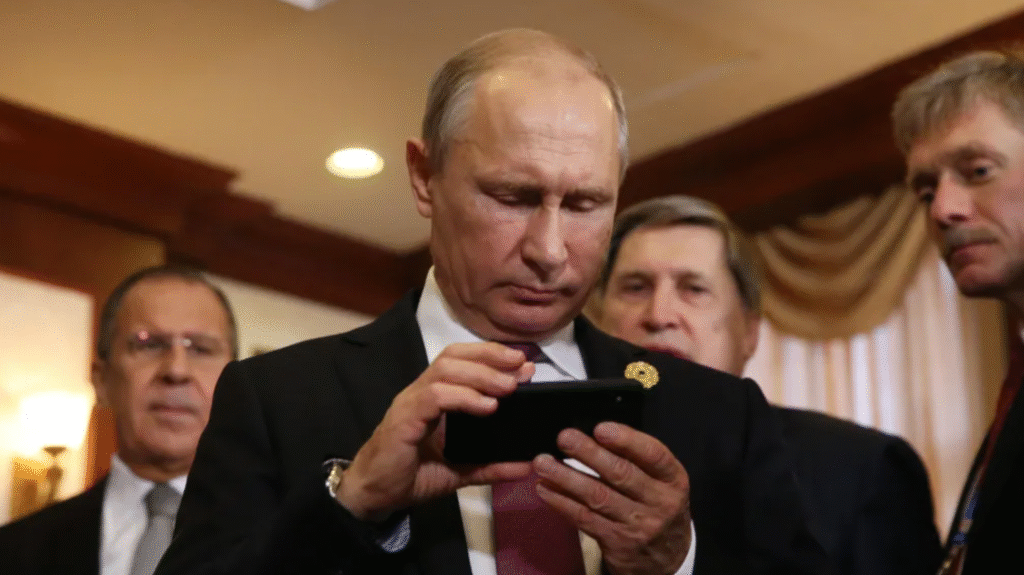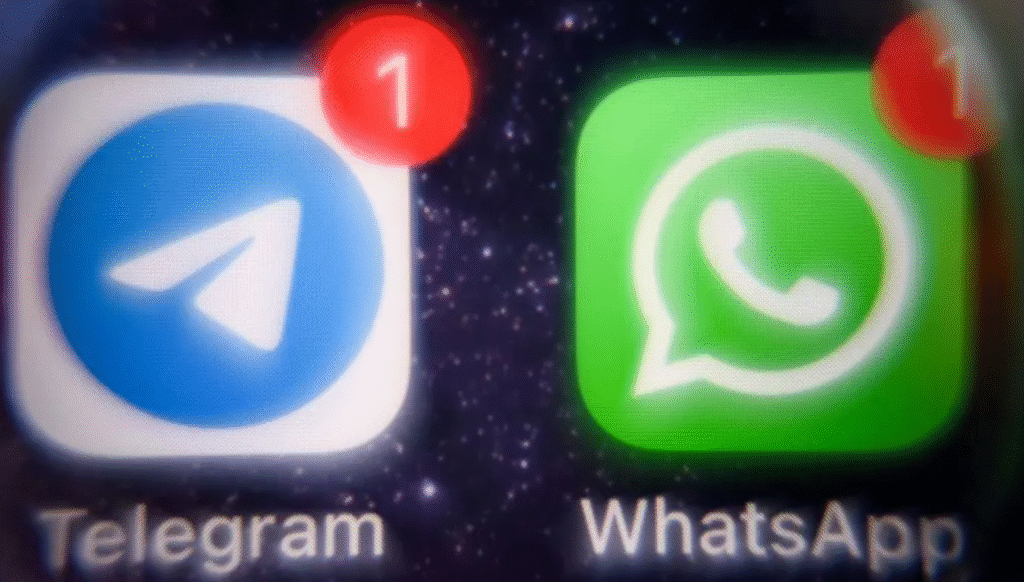Russia WhatsApp Ban Effects: A Digital Turning Point
The Russia WhatsApp ban effects are being felt nationwide as restrictions on popular messaging apps tighten and a new Kremlin-backed “super-app” called Max takes center stage. Millions of Russians who once relied on WhatsApp and Telegram for daily communication, work, and even essential services are now facing disruptions.
These sudden shifts reveal a broader strategy: centralizing digital control, limiting foreign platforms, and nudging citizens toward a state-approved ecosystem.

WhatsApp and Telegram Restrictions
In mid-August, Russia’s media regulator Roskomnadzor imposed fresh limitations on calls made through WhatsApp and Telegram, the two most popular messaging apps in the country.
- WhatsApp boasts nearly 97 million users in Russia.
- Telegram, founded by Russian entrepreneur Pavel Durov, has around 90 million users.
- Together, they cover nearly the entire digitally connected population of 143 million.
For many Russians, these apps are more than just tools for chatting. In remote areas, especially in the Far East, WhatsApp serves as a lifeline for organizing local transport, ordering goods, coordinating events, and spreading community news.
But now, with tighter regulations, that sense of reliability is under threat.
Russia WhatsApp Ban Effects on Daily Life
The crackdown coincides with the launch of Max, a homegrown messenger app developed by VK, a tech company with deep ties to the Kremlin and majority control by Gazprom-linked billionaire Yuri Kovalchuk, a close ally of President Vladimir Putin.
Since September 1, 2025, all new devices sold in Russia must come pre-installed with Max. Schools have even been instructed to move parent-teacher chats onto the platform. In some regions, Max is being integrated with emergency alert systems and government services, making it harder for citizens to avoid.
However, concerns about privacy are mounting. Max’s policy explicitly allows data sharing with third parties and government bodies, raising fears that conversations could be monitored by security agencies.
A Push for Total Digital Control
The Russia WhatsApp ban effects reflect a long-term plan by the Kremlin to curb online freedoms.
- Since 2012, legislation has gradually restricted access to foreign platforms under the pretext of protecting children.
- In 2022, following Russia’s full-scale invasion of Ukraine, platforms like Facebook, Instagram, and X (Twitter) were blocked.
- Independent news outlets were silenced, leaving citizens dependent on state-run media or VPNs for outside information.
- Now, the government is escalating further:
- Ads on “extremist” platforms (including Instagram) are banned, crippling small businesses.
- VPN advertising is illegal, discouraging people from bypassing censorship.
- Even searching online for blacklisted content can result in fines.
Why Target WhatsApp?
WhatsApp, owned by Meta (classified as an extremist organization in Russia), remains especially popular among older generations because of its simplicity. End-to-end encryption ensures no third party, including Meta, can read messages.
Authorities claim their crackdown is motivated by national security concerns:
- WhatsApp and Telegram allegedly refuse to store user data on Russian soil.
- Officials argue the apps are used by scammers.
Yet, statistics from the Russian Central Bank reveal that most scams still happen via regular mobile networks, not messaging apps.
Critics believe the true goal is to weaken independent communication and steer people toward platforms that can be more easily monitored.

State-Induced Digital Blackouts
Beyond the restrictions, another layer of control is emerging: widespread internet shutdowns.
Since May 2025, every Russian region has experienced mobile internet cut-offs.
- At the peak, up to 77 regions faced simultaneous blackouts.
- Some districts, like those in Vladimir (200km east of Moscow), have been offline for weeks.
- In Krasnoyarsk, a city of over a million, internet vanished for three days in July.
Authorities claim these shutdowns are meant to disrupt Ukrainian drone operations, but many experts doubt the effectiveness of such measures. Instead, citizens are left unable to check bus timetables, book taxis, or work remotely.
Russian state TV has attempted to reframe the outages as a kind of “digital detox”, broadcasting interviews with residents who say they now spend more time walking, reading, or socializing.
Comparing Russia to China’s Digital Model
Legal experts suggest that the Russia WhatsApp ban effects mirror Beijing’s strategy of centralizing control through platforms like WeChat.
“Unlike the Chinese, Russians have spent decades enjoying cheap, fast internet and foreign platforms,” says Sarkis Darbinyan, co-founder of digital rights group RKS Global. “These services became deeply ingrained in both daily life and business processes.”
The Kremlin’s attempt to replicate China’s model may therefore face resistance from citizens accustomed to global connectivity. Still, with mandatory installation of Max, tighter restrictions, and growing blacklists, alternatives are shrinking.
Russia WhatsApp Ban Effects on Privacy
Max’s privacy risks cannot be overlooked:
- Messages could be accessible to government agencies.
- User data may be vulnerable to leaks or third-party misuse.
- In a country where private comments can lead to criminal prosecution, this raises serious fears.
Meanwhile, those who resist installing Max risk losing access to schools, workplaces, and even public services that are migrating to the app.
Workarounds and Resistance
Despite mounting restrictions, Russians continue to seek alternatives:
- VPNs remain in use, though harder to access.
- Alternative messengers designed for secure communication are gaining traction.
- Some citizens, like Marina from Tula, pretend not to own smartphones to avoid installing Max.
But as the government strengthens its digital grip, these options may diminish, leaving millions with limited choices.
Final Thoughts: What the Future Holds
The Russia WhatsApp ban effects represent more than just a technological shift, they reveal a political strategy aimed at reshaping the digital landscape. By forcing citizens onto state-approved platforms like Max, while simultaneously restricting foreign apps and cutting internet access, the Kremlin is cementing its control over communication.
For everyday Russians, the consequences are profound: lost freedoms, higher costs, weaker privacy, and increasing dependence on state infrastructure. As one expert noted, “Their goal is not just digital security, it’s digital silence.”

